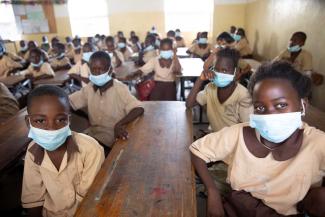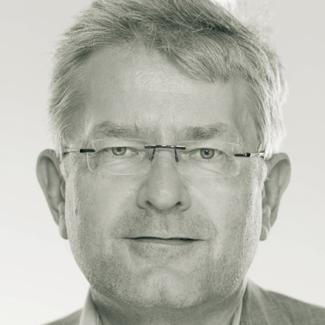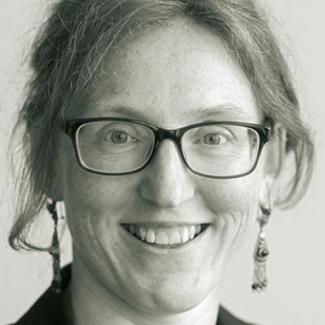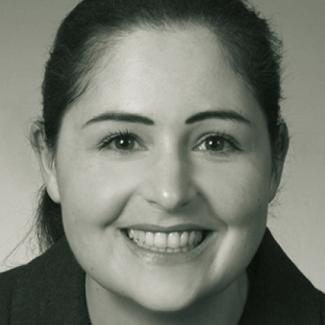Covid-19 impacts
How the pandemic promotes inequality

The far-reaching impacts of Covid-19 pose a threat to sustainable development efforts across the African continent. With the exception of Egypt, no African country is currently set to achieve the UN’s Sustainable Development Goals (SDGs) for education.
During school closures due to the pandemic, fewer girls than boys had access to digital technology for learning. And afterwards, fewer girls than boys went back to school. Gender-based violence increased sharply during the pandemic. Less access to contraception, family planning and education pushes young women back into traditional patterns, which makes for more early pregnancies.
In the future, three quarters of the global increase in the working-age population will be registered on the African continent. It is estimated that over 800 million more jobs will need to be created by 2050 in Africa alone – not counting the innumerable jobs lost due to the pandemic.
But it is not enough just to create a particular number of employment opportunities; attention also needs to be paid to the quality and social inclusiveness of the jobs on offer. Tensions and conflicts, exacerbated by the impacts of Covid-19, make it difficult to realise a sustainable “demographic dividend”.
Matters are made worse by a whole range of increasingly serious environmental problems due to climate change, such as the growing incidence of droughts and floods. Rich industrialised regions like the EU, which have announced to invest in sustainable growth in Africa, should therefore put a special focus on family planning, empowerment of women and women’s access to education and sustainable jobs.
Frank Swiaczny is a researcher at the Federal Institute for Population Research in Wiesbaden.
frank.swiaczny@bib.bund.de
Sonja Haug is Professor of Empirical Social Research at Ostbayerische Technische Hochschule Regensburg and a spokesperson for the “Migration, Integration, World Population” working group of the German Society for Demography (DGD).
sonja.haug@oth-regensburg.de
Susanne Schmid is head of the “Social Development, Migration, Integration” department of the Academy for Politics and Contemporary Affairs at the Hanns-Seidel-Foundation and spokesperson for the “Migration, Integration, World Population” working group of the German Society for Demography (DGD).
schmids@hss.de
Sabrina Gabel is working for the German development agency GIZ (Deutsche Gesellschaft für Internationale Zusammenarbeit). Until recently, she was part of a project focused on population dynamics, sexual and reproductive health and rights. The article reflects the author’s personal opinion.
sabrina.gabel@giz.de











